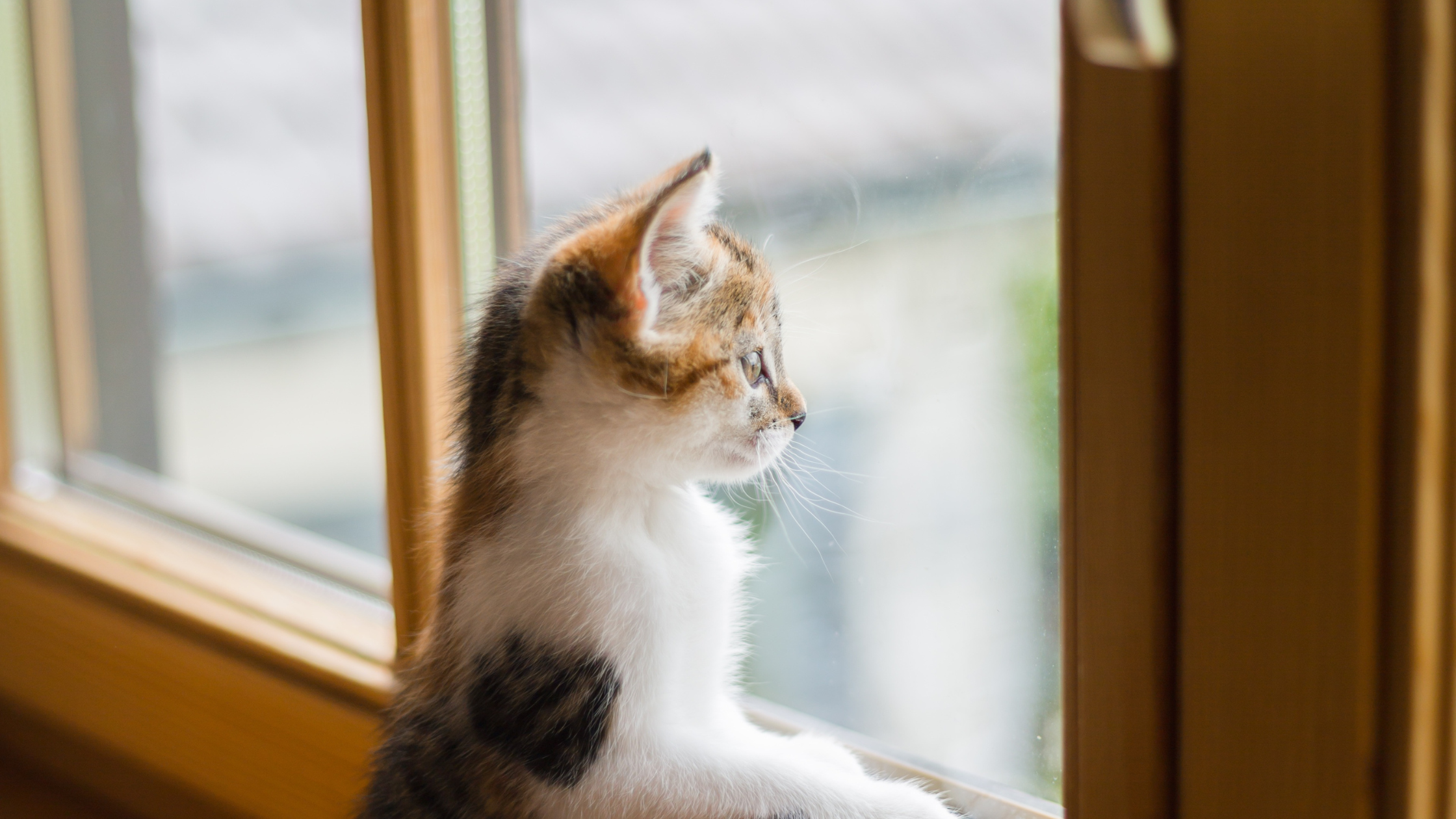When a cat comes to our house, there is a good chance that it will need time to accept the change of surroundings, after all, new people, new smells, new rooms – sometimes also new/different animals. Thus, fear, anxiety and withdrawal of even a very confident cat is something normal and natural.
How can we help the new ward to accept the new conditions?
- We place the new ward in a small room, limiting the space, we allow him to find himself in new conditions and, over time, let him explore the rest of the house on his own, on his own terms, treating the room as a base,
- in the starting base, we place on a square basis – we set up a litter box, bowls/plates for water and food, a bed, a carrier, and other forms of hiding places where the cat can hide, rest, isolate,
- maintaining the routine that the cat brought from the previous home and only adding new ones over time, along with building trust with the animal, adjusting the cat’s routine to the routine of the new home and new carers over time (for many animals this process may take several weeks),
- if possible, take toys from the previous home, items that the cat liked very much, which will allow it to open familiar, significant scent points in the new environment (blanket, toys, litter, litter box),
- in the adaptation process, you can try to use pheromones or supplements, however, I personally recommend using them rather as an addition, or at the instigation of a specialist, the animal should be able to get acquainted with the new home „freshly” – constant „stuffing” of cats with supplements, pheromones, under no circumstances would the cat does not stress, does not allow the cat to use its genetically determined adaptability.
- Understanding and time are very important in the adaptation process, for one animal this process will take a few days, and for another a few weeks – the most noticeable time in my opinion is 2–3 weeks, requiring touching, hugging, stroking and intense relationships,
How can a new ward react to new conditions?
- Intense stress is an adaptive reaction that will pass after a few hours,
low stress broken by human contact treats, fun – broadly understood interaction, - intense stress as an adaptive reaction that does not pass and lasts a long time, burdening the body’s immune system – the occurrence of the disease requires the intervention of a veterinarian,
- intense stress as an adaptive reaction and a decrease or zero appetite requires a visit to the veterinarian,
The process of adaptation in a new home is stressful for a human and non-human animals and a high dose of understanding and the smallest possible form of expectations and specific behaviors are recommended.
